Keywords: Employment Services
-

AUSTRALIA
- Kevin Bell
- 29 November 2024
2 Comments
With unaffordable housing pushing families into impossible choices, homelessness affecting 120,000 people, and systemic inequities deepening, we must ask: What kind of society do we want to build — and for whom?
READ MORE 
-

AUSTRALIA
- Andrew Hamilton
- 08 November 2024
1 Comment
The story of Race Mathews’ career will be an antidote to despair about politics and politicians. It underlines the possibilities of politics, showing how it can be more than a job or a career. It can be a calling to imagine a more just society and ways of building it.
READ MORE 
-
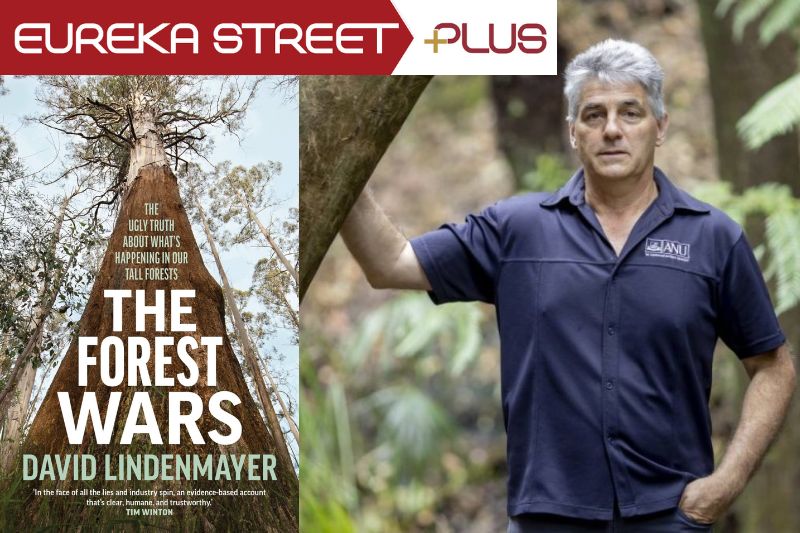
ENVIRONMENT
- Tony Smith
- 04 October 2024
The Forest Wars reveals how vested interests make life difficult for the scientists and activists who attempt to defend the environment, a war waged through deforestation on one hand and deception and obfuscation on the other. Linenmayer asks: if we continue to allow vested interests to drive deforestation, how long before the forests — and the future they promise — are lost beyond repair?
READ MORE 
-
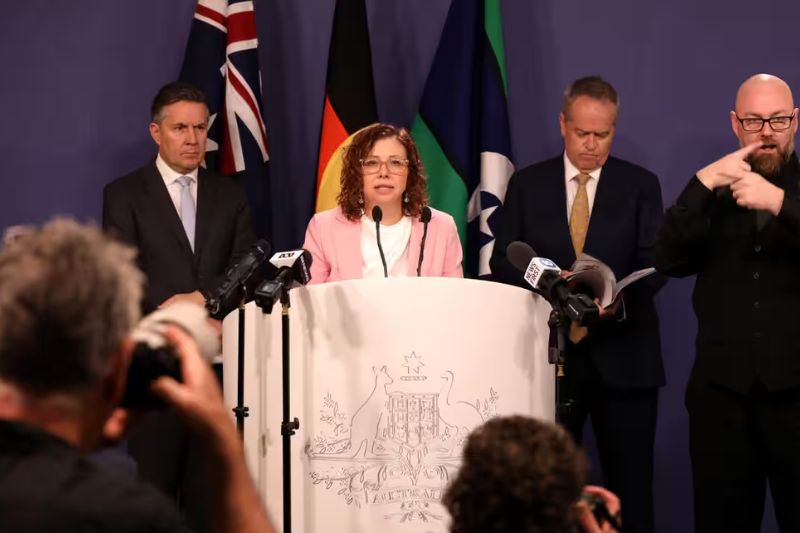
AUSTRALIA
- Justin Glyn
- 14 August 2024
The Federal Government response to the Disability Royal Commission is in. Out of 172 recommendations, only 13 have been fully accepted. These included many reforms that were already partially in progress. Disability advocates can, perhaps, be forgiven for being underwhelmed.
READ MORE
-
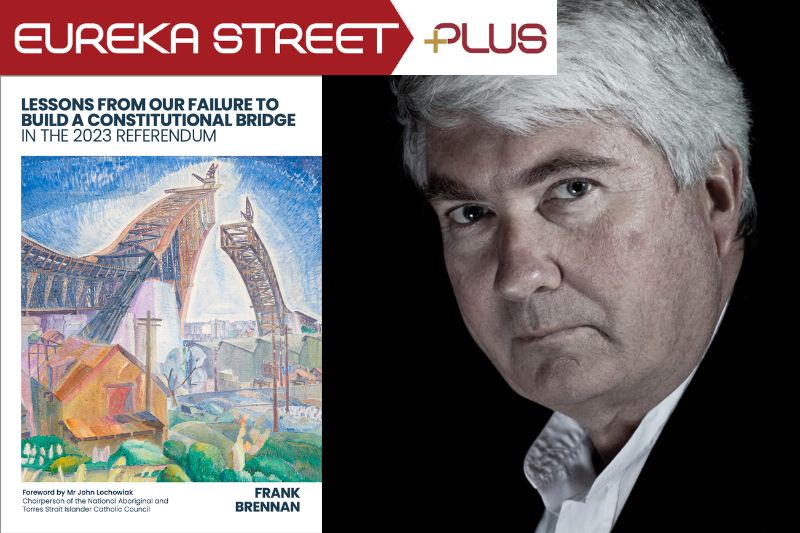
AUSTRALIA
- David Halliday
- 28 June 2024
13 Comments
It's been eight months since the Voice referendum, and people are starting to grapple with what its defeat means for Australia. There are few voices in Australia as qualified to conduct a postmortem of the outcome of the Voice referendum campaign as Frank Brennan. We examine what lessons can be learned and crucually, whether there’s reason for hope for Indigenous constitutional recognition.
READ MORE
-
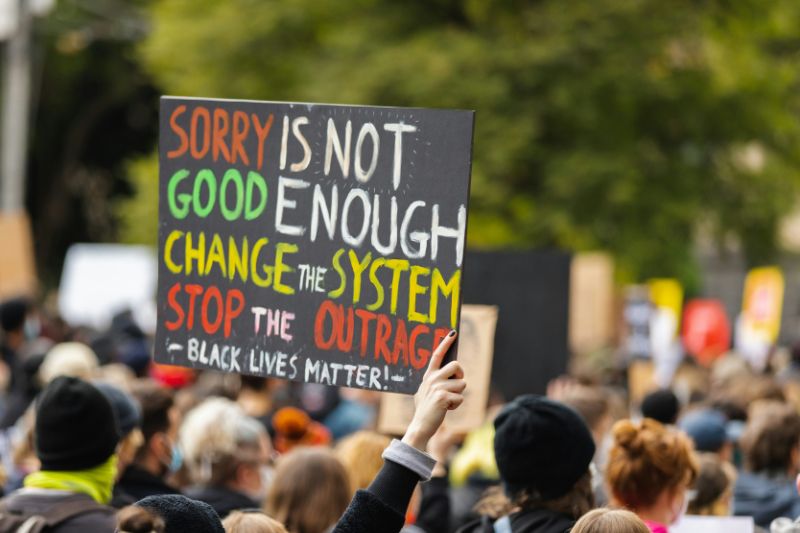
AUSTRALIA
- Andrew Hamilton
- 30 May 2024
4 Comments
This Reconciliation Week and Sorry Day, we consider the defeat of the Referendum and the substantial failure to close the gap between the living conditions of Indigenous Australians and other Australians. It means that for many Aboriginal and Torres Strait Islanders, this week will be less about days of celebration than of grief and of grim resolve to continue to seek justice.
READ MORE
-

RELIGION
- Andrew Hamilton
- 23 May 2024
4 Comments
When Pope Francis delivered a message for the World Day of Social Communications, he focused on AI. The pope posed a wide range of questions including how to regulate its development and use in order to avoid the manipulation of truth and the inevitable centralisation of wealth and power.
READ MORE
-

ECONOMICS
There is money to be made in war, especially from making weapons, and what we are witnessing at the moment in Ukraine and the Middle East is simply the latest episode in a story that goes back centuries.
READ MORE
-

AUSTRALIA
- Peter Mares
- 12 April 2024
1 Comment
The ABC’s recent Q+A housing special left many questions unasked and unanswered. Labor, Coalition and Green MPs all say they want more people to be able to buy their own homes. The most obvious way to achieve that would be to reduce the price of housing. Yet no politician will make that an explicit policy aim.
READ MORE 
-

AUSTRALIA
- Andrew Hamilton
- 28 March 2024
2 Comments
As a response to a wave of youth crime, some State Governments and Federal politicians have committed to policies that neglect the human reality of the young people concerned. This will likely have negative consequences both for those immediately affected and for society at large.
READ MORE
-
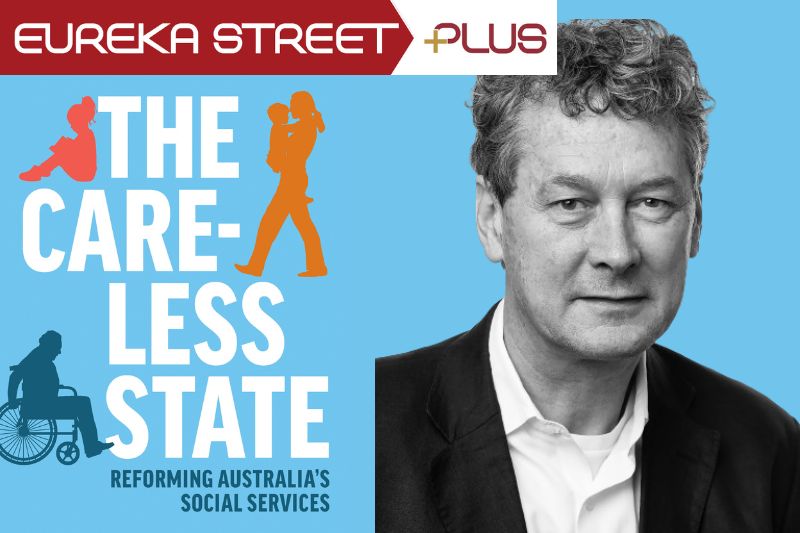
AUSTRALIA
- David Halliday
- 28 February 2024
1 Comment
The main purpose of government is to promote the welfare of its people. And yet over the last few decades, through numerous inquiries, it’s become clear that the Australian government has failed to provide services for the Australian population as well as might be expected.
READ MORE
-

AUSTRALIA
- John Falzon
- 14 December 2023
4 Comments
No doubt there were some who genuinely believed that privatising employment services would result in better services at a lower cost to the public purse. But the engineers of the socially destructive projects of the neoliberal era knew very well that they were more likely to result in the enrichment of some to the detriment of many.
READ MORE